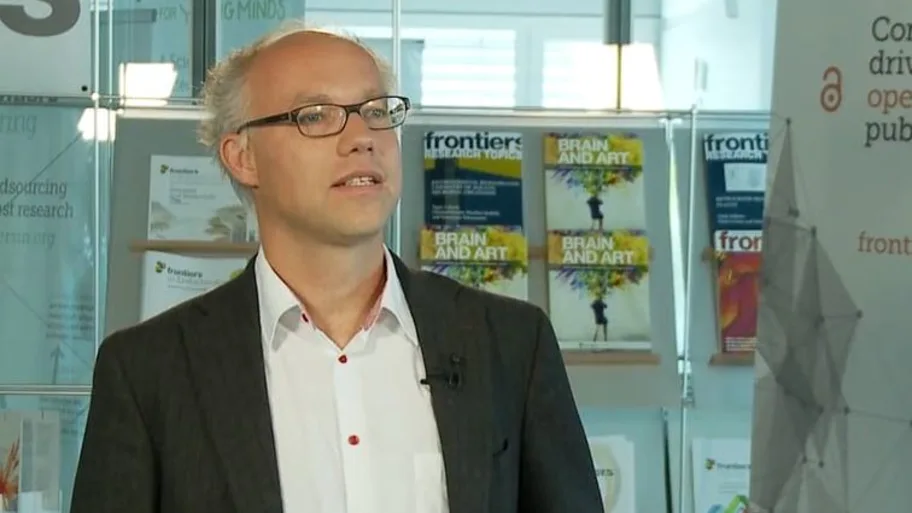
- Science News
- Frontiers news
- New specialty on social psychiatry and psychiatric rehabilitation to bridge the science-to-service gap
New specialty on social psychiatry and psychiatric rehabilitation to bridge the science-to-service gap

“The science-to-service gap –that is, the gap between effective practices and those available and provided in mental health services– is one of the most relevant problems in the public mental health system” says Specialty Co-Chief Editor Antonio Vita. He believes the new Social Psychiatry and Psychiatric Rehabilitation specialty in Frontiers in Psychiatry could be an ideal resource to integrate different approaches and to bridge the gap between science and practice. The specialty is affiliated with the European Society of Social Psychiatry and will contribute to their six main objectives. The related article collection From Residential Care to Supported Housing is also open for contributions.
Putting the patient first and going beyond medication: main motivators for Chief Editors leading Social Psychiatry and Psychiatric Rehabilitation

Antonio Vita, Specialty Co-Chief Editor
Antonio Vita states that the specialty’s importance arises from a growing realization that “medications alone are not sufficient to achieve full remission of symptoms and in functional recovery in those with severe mental illness”.
He adds “despite the growing scientific literature on this topic, the most serious problem is that evidence-based rehabilitative interventions are not widely available in real-world practice.”
Antonio Vita is based at the University of Brescia, and his years of experience as a researcher into psychiatric rehabilitation have always been driven by the desire to identify the best treatment for each patient, based upon not only clinical and functional features, but also their human characteristics.

Thomas Jamieson Craig, Specialty Co-Chief Editor
Specialty Co-Chief Editor Thomas Jamieson Craig mentions a “golden age of social psychiatry prior to the recent ‘decades of the brain’ that have promised much but delivered less”. He hopes that the new specialty will represent an “opportunity to promote the research and practice of social psychiatry across an international scientific and clinical community, just possibly kick starting a resurgence in this key field.”
Thomas Jamieson Craig draws on more than 35 years of experience in social psychiatry and psychiatric rehabilitation and is Professor Emeritus of King’s College, London. He is particularly motivated by exploring the effects of the social environment on patients with mental disorders as well as the role of relationships in rehabilitation. He adds “we need more research into interventions that help the transition to adulthood, and how systems of mental health care promote or obstruct social outcomes.”

Andrew Molodynski, Assistant Chief Editor
Assistant Chief Editor Andrew Molodynski highlights “we urgently need to research on how we can harness digital technology to streamline current treatment practices and develop new ones. Social psychiatry and the study of treatment systems has helped to develop accessible services that allow, more people to get the help they need and for it be delivered more efficiently and effectively.”
Andrew Molodynski states that it where psychiatry is concerned, it is now “more important than ever to look at the wider picture and to take a holistic view of someone’s situation.” Adding “good psychiatry is built upon relationships and communication, and it is these that allow us to deliver effective treatments and improve people’s lives.”
Social, community-based and environmental factors contribute to recovery
Combining two closely interlinked areas, the Social Psychiatry and Psychiatric Rehabilitation specialty aims to publish research that advances our knowledge and understanding of psychosocial treatment and recovery of people with severe mental illness. Specifically, the specialty focuses on the principles and values of psychiatric rehabilitation and person-related care in achieving functional recovery in patients resulting in real-world outcomes in areas such as relationships, work and housing status.
Follow Frontiers in Psychiatry on Twitter and sign up for article alerts to receive the latest research
Frontiers journals lead in citations and rank in top Impact Factor and CiteScore percentiles. See full analysis






